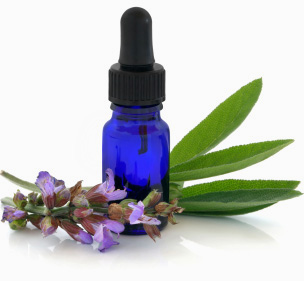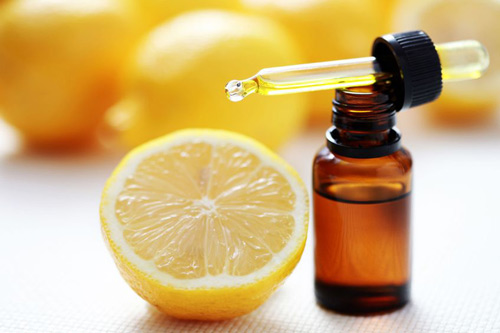
Aromatic extracts have been used as far back as the ancient Egyptians, Greeks and Roman Empire. In the 15th century, Paracelcus, an alchemist and medical doctor focused his studies upon using plants as medicines. The development of essential oils continued gradually. The knowledge of separating the constituents of essential oils during the 20th century was used to create synthetic chemicals and drugs thus reducing the use of essential oils.

The term aromatherapy is credited to a French chemist, Gattefosse, in 1928 who used this term in an article in which he supported using essential oils in their whole without breaking them down into their key constituents.
From the late 20th century the re-emergence to use more natural products including essential oils for therapeutic benefit has grown. With the greater awareness of using synthetics and the increased availability of information on aromatherapy, the use of essential oils for therapeutic purposes has significantly risen again.
Each essential oil contains several different constituents.
These, either on their own, or in combination have specific medicinal benefits.
Listed below are examples of 5 essential oils detailing their main medicinal properties and primary actions and benefits?
Essential oils should be diluted before use
Lavender
 Main Medicinal Properties
Main Medicinal Properties
Analgesic, antibacterial, anti- inflammatory, anti-rheumatic, anti-spasmodic, calmative, cardiotonic (mild)
Primary actions/benefits
Relieves pain, aids wounds, athlete’s foot and insect bites. Relieves tension, insomnia, headache, and hypertension. Promotes tissue repair and restrains infection.
Clary Sage
 Main Medicinal Properties
Main Medicinal Properties
Analgesic, anti-spasmodic, neurotonic, uterine tonic, anti-depressive.
Primary actions/benefits
Relieves muscular pain, tension, insomnia, headache, period pain, PMS, abdominal pain, IBS, muscular stiffness/aching and fatigue.
Everlasting
 Main Medicinal Properties
Main Medicinal Properties
Anti coagulant, anti inflammatory, anti spasmodic and hepatic stimulant.
Primary actions/benefits
Has a blood regulating action, Relieves pain, insomnia, headache and migraine. Helps to regulates stomach and intestine e.g. IBS and constipation. Benefits muscular stiffness, cramping and aching. Can aid rheumatoid arthritis.
Geranium
 Main Medicinal Properties
Main Medicinal Properties
Anti-infectious, anti-inflammatory, anti-spasmodic, astringent, calmative, pancreatic stimulant, phlebotonic.
Primary actions/benefits
One of the most important anti-inflammatory oils. Benefits the digestive, respiratory, genitor urinary and nervous systems. Aids indigestion and gastritis. Relieves nervous tension, night sweats, and menopausal problems.
Majoram
 Main Medicinal Properties
Main Medicinal Properties
Anti-bacterial, anti-spasmodic, calmative, carminative, digestive stimulant, expectorant, neurotonic, stomachic.
Primary actions/benefits
Benefits the nervous, digestive and respiratory systems. Relieves insomnia, headache, abdominal discomfort, gastric reflux, nausea, flatulence. Aids the functioning of the lungs.
